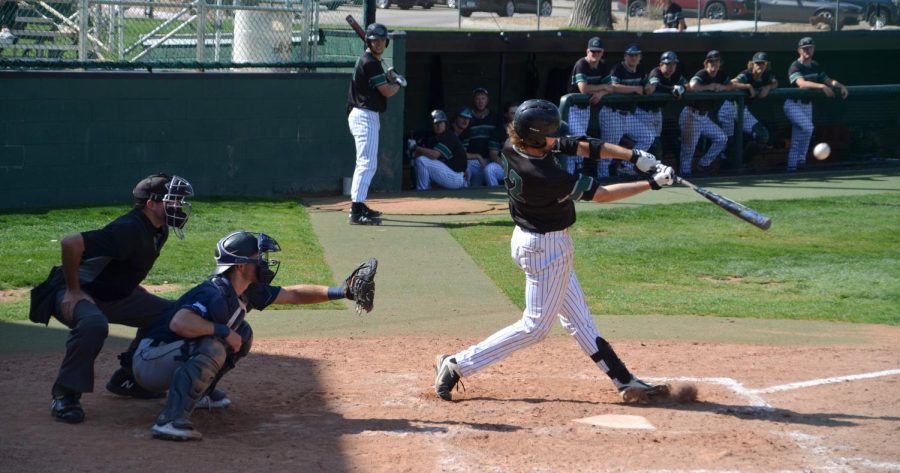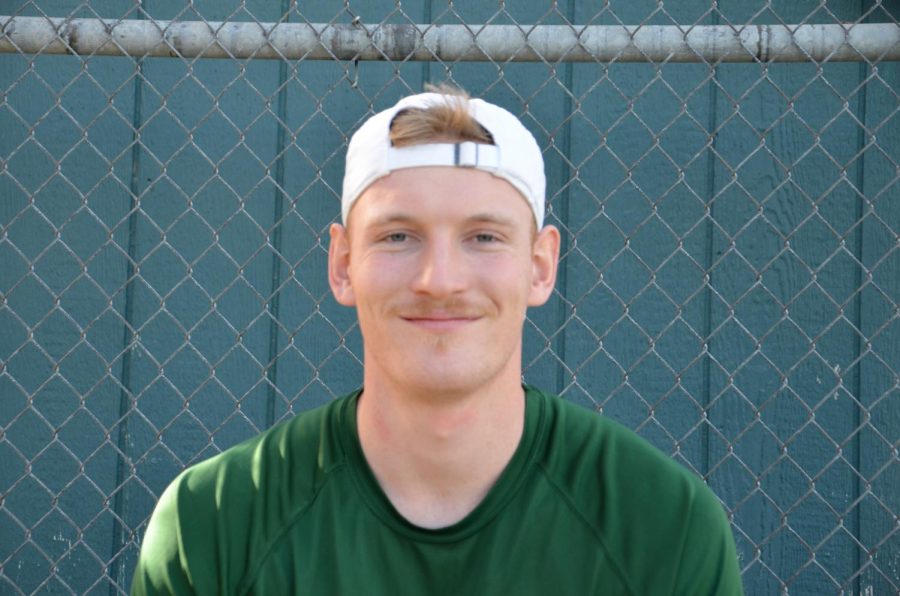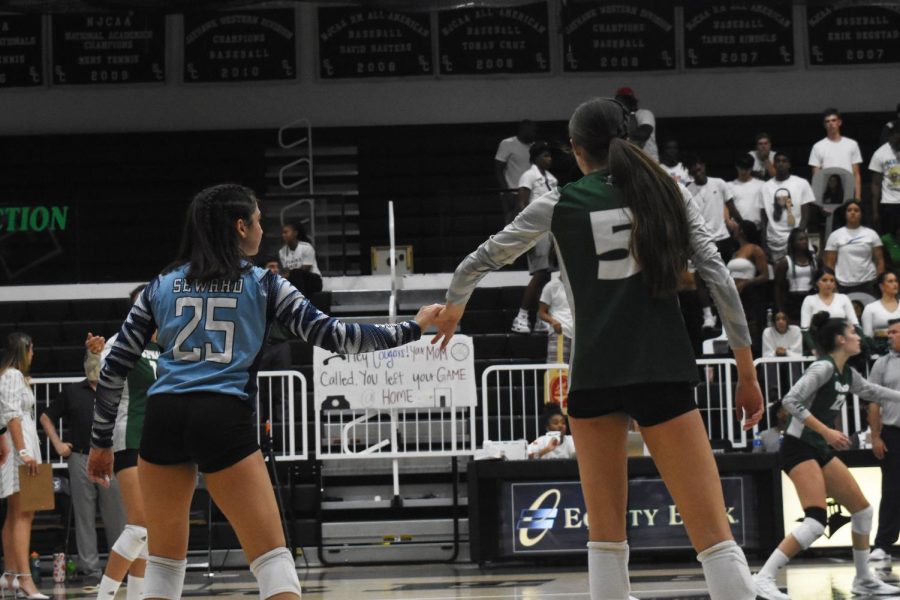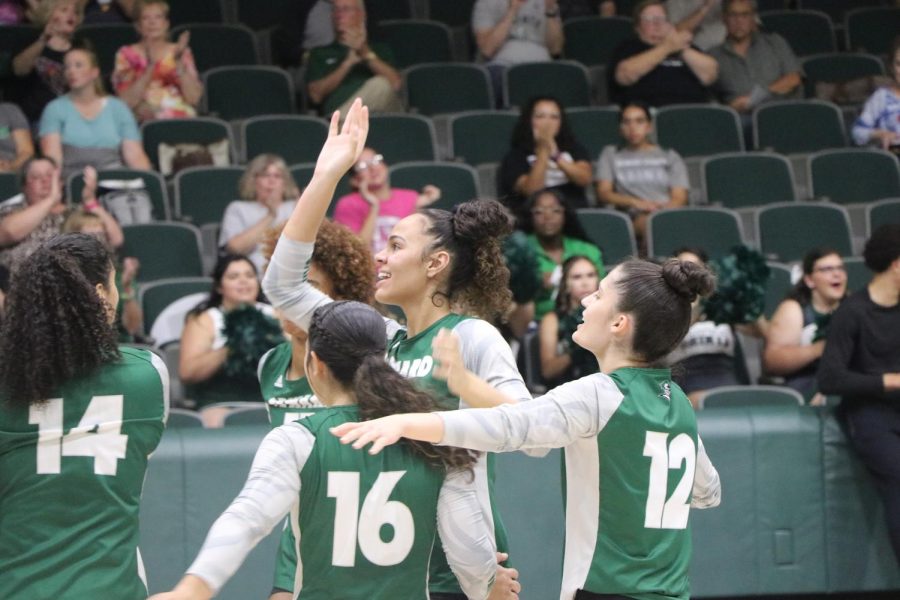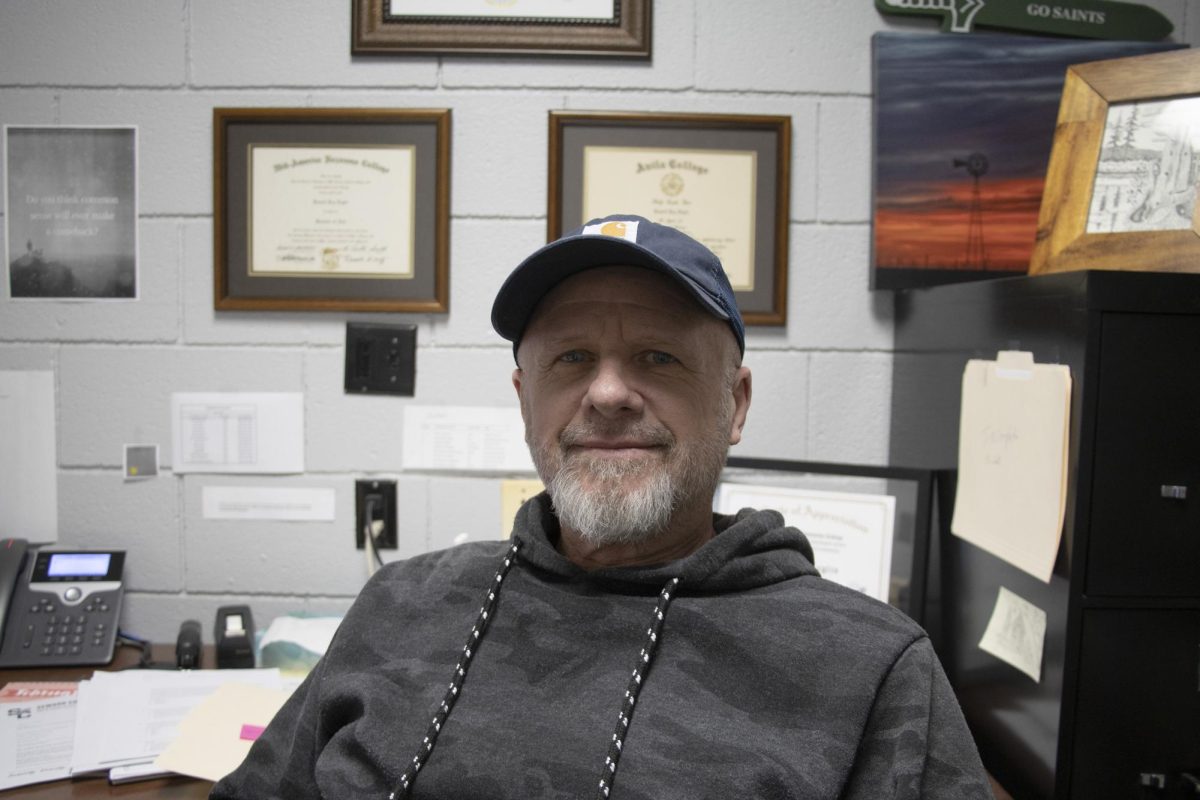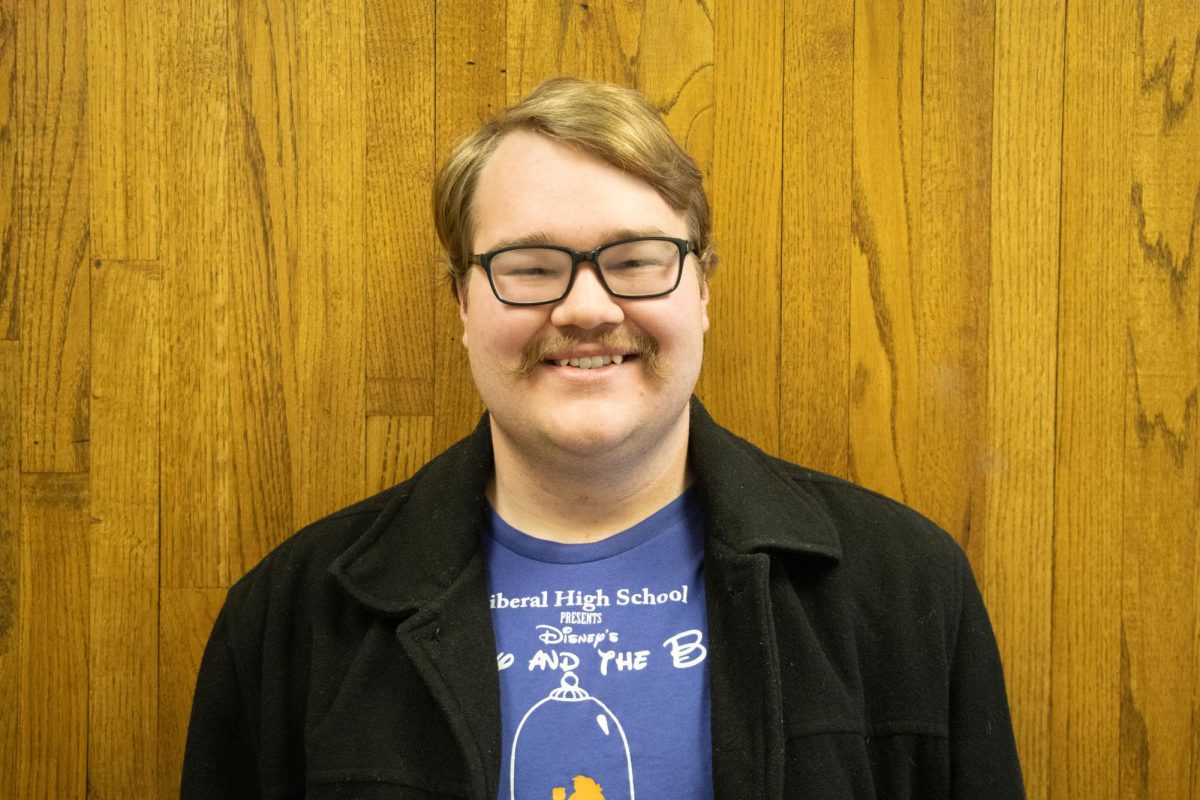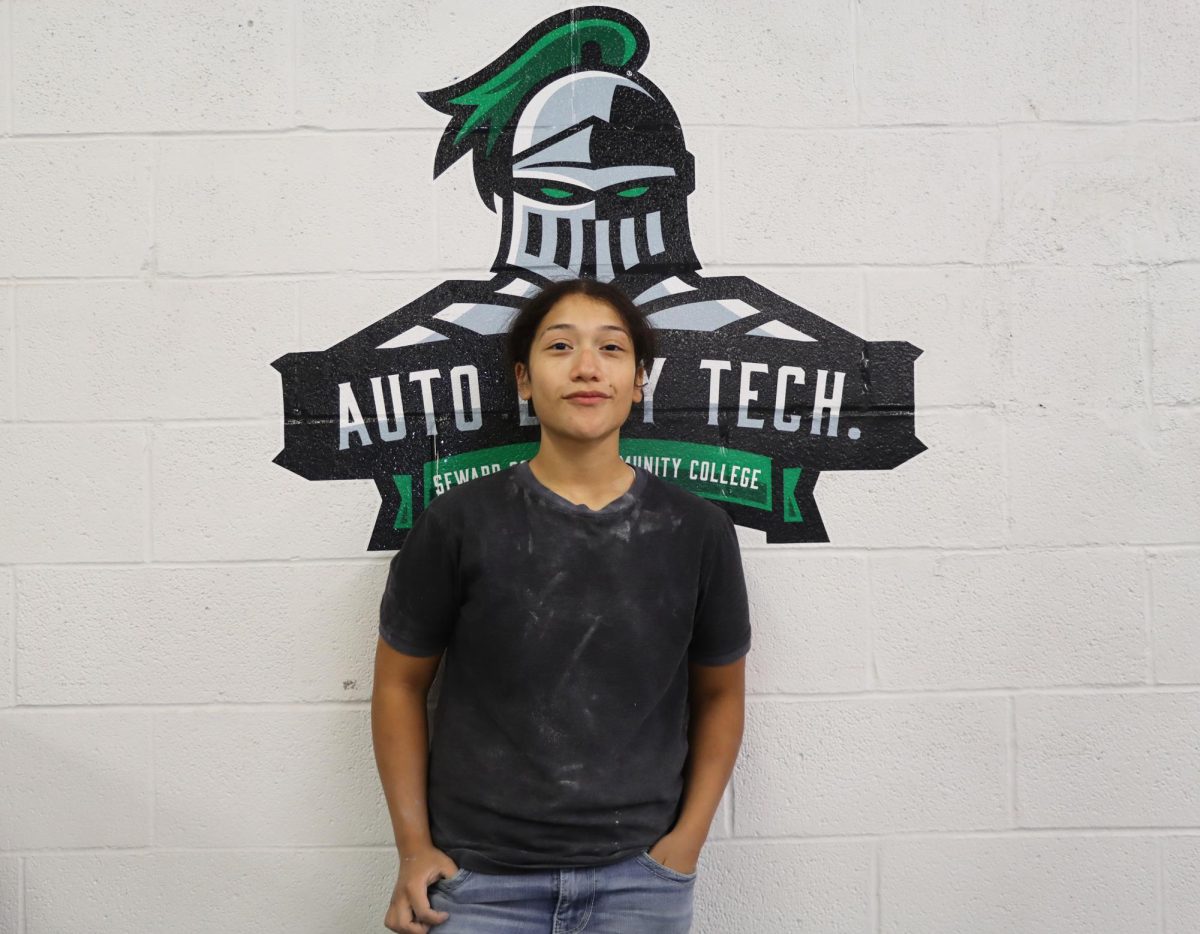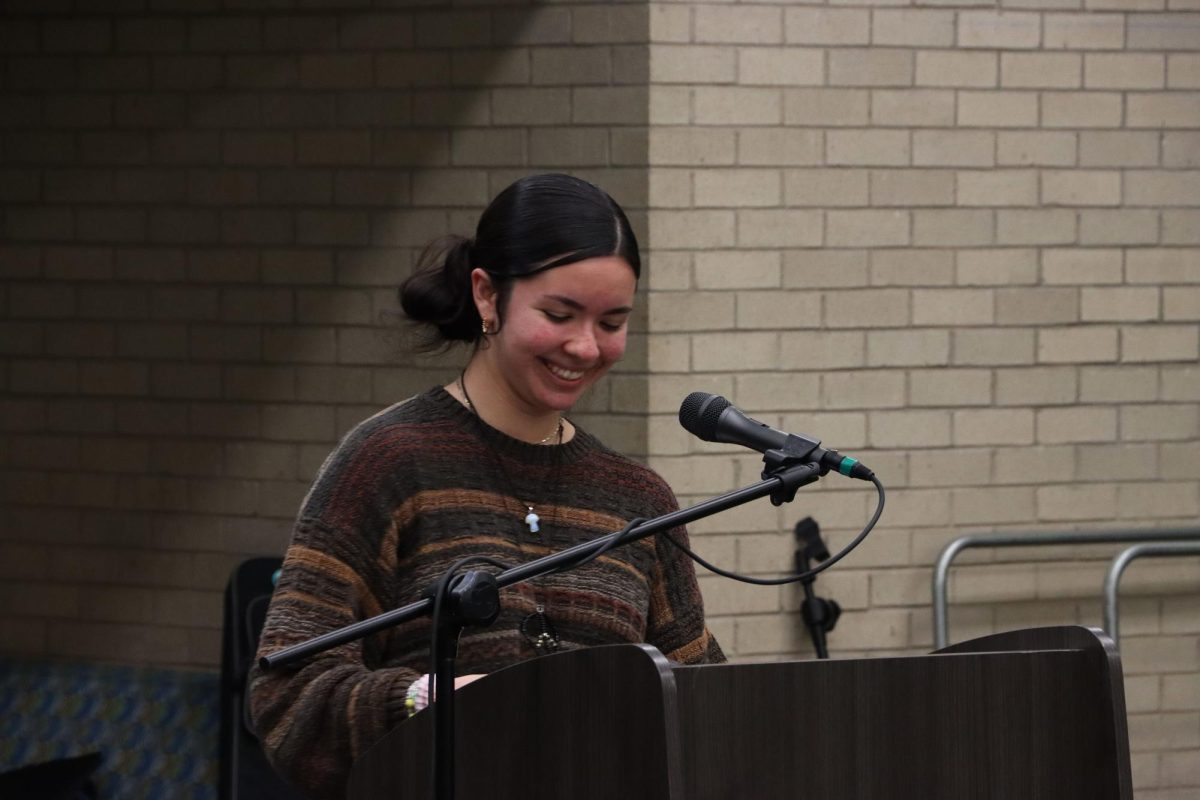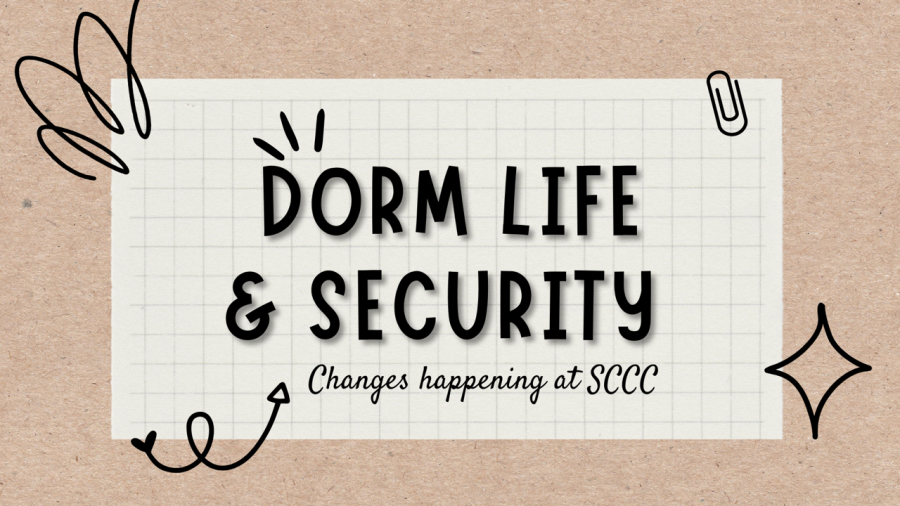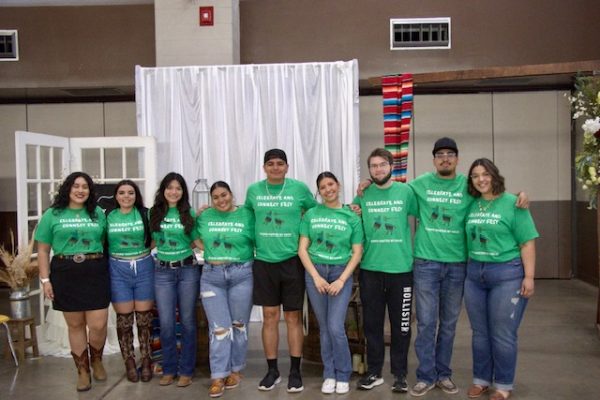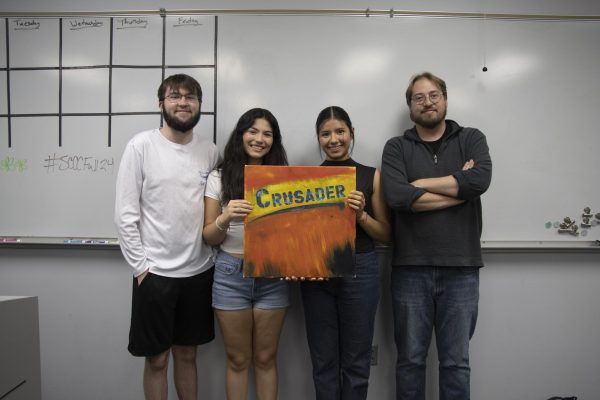Coming in for the Change
Fall Semester brings improvements for multiple aspects of SCCC
Out with the old and in with the new. Seward County Community College has upgraded the dorms with security, curfew, and co ed rules. Celeste Donovan, vice president of student services, credits these changes to the new housing director, Kit Hernandez.
“Some of the changes happened because of the new housing director that we hired. She has four years of experience at a college in North Dakota, and it was just based on her experience. She saw that we were treating our students as adults and with more of a co-ed atmosphere, they intended to be happier and more respectful,” Donovan said.
These changes had to be presented to Donovan before they could be enacted. Hernandez said much discussion was made and research was done including an exit survey given to all students last year. Since she had previous experience implementing these similar alterations at her last college, Donovan agreed. An assessment will be made after a year to see if any problems did arise.
These different changes have been noticed by students in the dorms as well. Wilson Dubinski, a psychology major, said a change he noticed this year in the dorms was how the students are not fined for throwing their trash in the trash bins. Last year, he was fined 75 dollars, but the issue was brought to student services which has now been taken care of.
Paulina Reyes, a science major, said that the dorms last year felt, “Like a prison… Where you can literally not do anything. You’re always thinking ‘oh, am I doing this wrong? Will I get a fine?’ There was always that anxiety.”
Now though, Reyes said the dorms feel calmer and have a better atmosphere. She really likes the way it is right now.
Security for student housing and the campus in general is a problem that Donovan and Seward County Community College is addressing as well. Because of being understaffed, Hernandez and Donovan have planned on meeting with the police department to talk about partnering with them and get their advice on how to promote more applications for the security positions that are open. They also plan to ask if they would assist and do more rounds to have a presence on campus.
One of the changes Donovan explained was the cycle of security saying, “Any kind of campus incident, which usually happens in the dorms, the housing people would first respond and write the reports, meet with the students. It would then go to our security who would copy the reports and then forward it to me. To be more efficient and to have better communication, we decided that if the security would be our housing people who are at the front lines of the day to day, it would probably be more efficient and more people would be aware…”
SCCC has hired multiple people to have more presence in the dorms. This also helps so the staff on call don’t get burned out. Brena Buggs, cheerleading coach, and Joel Plummer, assistant housing manager, are being given free room and board for staying in the dorms on call.
Hernandez more fully explained the idea behind combining housing with security. Both departments are under one person, and with this restructuring the focus can be more on safety and fall under student affairs
“What they found is that a lot of the security reports involved housing. Just to streamline and consolidate that practice and to make sure that practices were consistent were throughout,” Hernandez said.
Donovan and Hernandez talked with different schools in Kansas about their policies regarding these different areas and have been modeling SCCC to match other 2 year and 4 year schools.
One policy they have changed is related to the drug and alcohol policy. SCCC is a no tolerance school to drugs and alcohol, but Donovan explained a change made after she met with all the Vice Presidents of students in Kansas.
“There were some changes that we made to make the way we were responding… We are still a no tolerance drugs and alcohol, but we did put a layer of education in the consequences so that based on what happened and what occurred the consequences might be different.”
Donovan went on to describe how SCCC is trying to be more holistic in the ways they respond to incidents. They want to be fairer in ways they give out consequences compared to the severity of the action and even include a community service component.
“We want to educate our students because we are a higher institution. We hadn’t changed the consequences in a very long time, so we aligned ours to what they are doing around the state.”
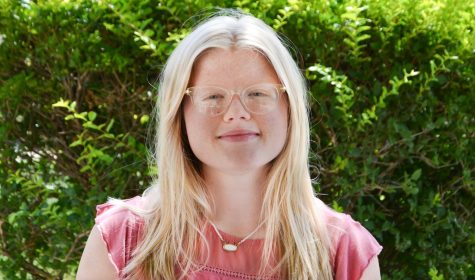
Megan Berg is an SCCC freshman majoring in mass communications. She is an 18-year-old native to Southwest Kansas having been...
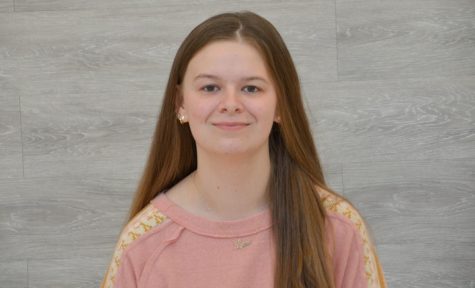
Laura “Gracie” Gillespie is a 19-year-old sophomore majoring in biology. She was born and raised in Stevens County in...



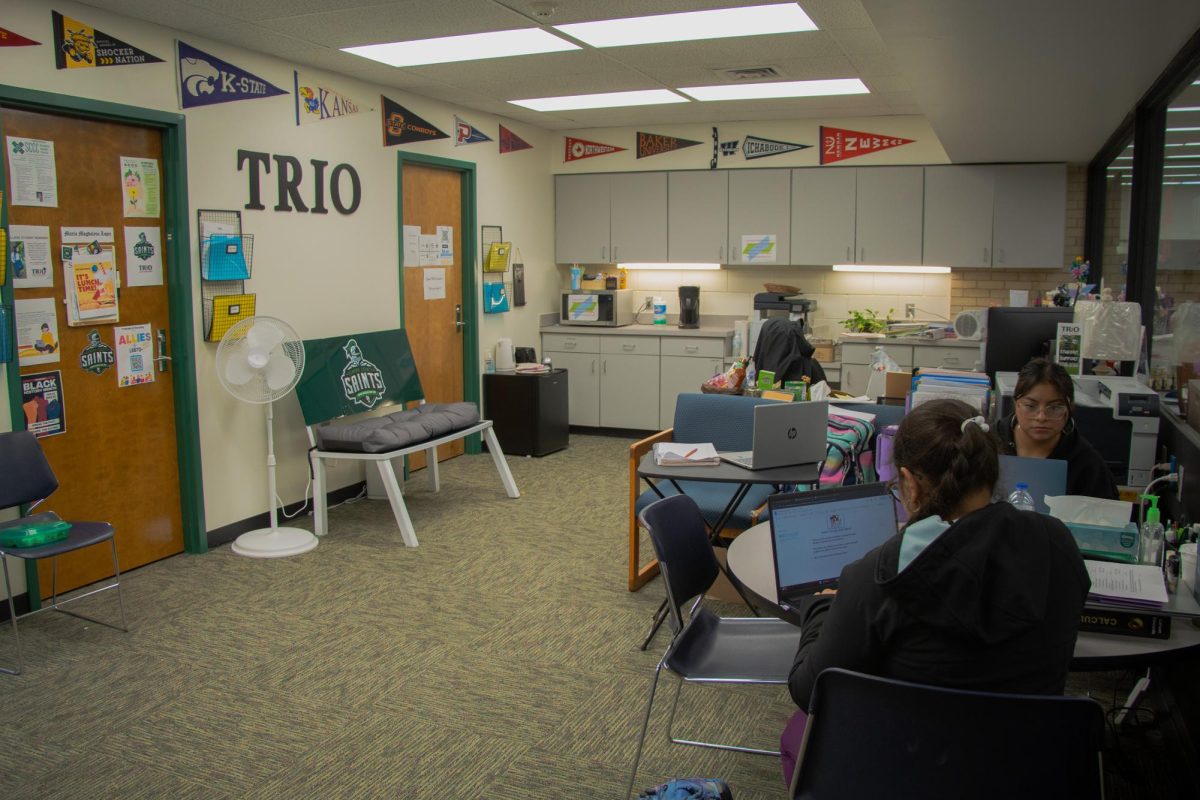










![The sophomores were recognized on the field instead of walking across the stage during their doubleheader. They received their diplomas and a picture of themselves playing during their career at Seward. [Pictured left to right are Dylan Day, Reed Thomas, Jase Schneider, Mason Martinez, Gannon Hardin, Brody Boisvert, and Zach Walker]](https://crusadernews.com/wp-content/uploads/2022/05/WEBDSC_0275-900x454.jpg)
